Yemen can meet own needs if Saudi-led blockade removed: Ambassador
Yemen’s Ambassador to Iran says his country does not need international aid and can fend for itself in case the naval and air blockade imposed by the Saudi-led coalition waging a bloody military onslaught against the impoverished nation is lifted.
Ibrahim Mohammed al-Dailami made the remarks in an exclusive interview with Iran Press news agency in Tehran on Sunday.
“We have received some aid from the United Nations and international organizations. Nevertheless, our problem is not the reception of such aid. The Yemeni nation does not need such aid, because if the blockade is removed, we will be able to meet our needs.”
The ambassador added that the Saudi-imposed blockade on Yemen has given rise to various human crises in his country, including hunger and the outbreak of various diseases, which are currently taking a heavy toll on the Yemeni nation.
Saudi Arabia has imposed an all-out blockade on Yemen ever since it launched a devastating military onslaught on its conflict-plagued southern neighbor more than five years ago.
The blockade has severely restricted the flow of food, fuel, and medicine to Yemeni civilians in violation of the international humanitarian law.
Saudi Arabia and a number of its regional allies launched the devastating war on Yemen in March 2015 in order to bring former president Abd Rabbuh Mansur Hadi back to power and crush the Houthi Ansarullah movement.
The US-based Armed Conflict Location and Event Data Project (ACLED), a nonprofit conflict-research organization, estimates that the war has claimed more than 100,000 lives over the past five years.
More than half of Yemen’s hospitals and clinics have been destroyed or closed during the war by the Saudi-led coalition, which is supported militarily by the UK, US and other Western nations.
At least 80% of the 28 million-strong population is also reliant on aid to survive in what the United Nations has called the world’s worst humanitarian crisis.
According to the UN’s top aid official, Mark Lowcock, civilian casualties have risen every month since January.
Iran relies on natural gas for nearly 90% of its power production: Expert
US embassy in Beirut blocks Iraq-Lebanon humanitarian air bridge
VIDEO | UK's Starmer targets journalists
Israel plans to displace Palestinians in occupied West Bank: Hamas
Iranian airlines ramp up Istanbul route flights after EU sanctions
British protesters slam UK’s complicity in Gaza genocide on Balfour day
US surgeon haunted by Gaza children with ‘single gunshot wounds to head’
VIDEO | Iran's possible retaliation against Israel




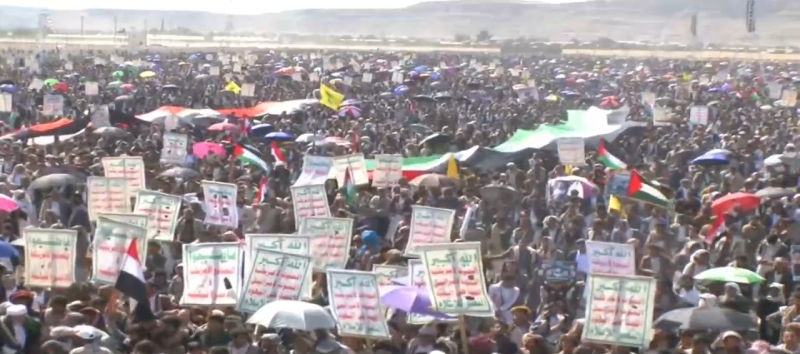
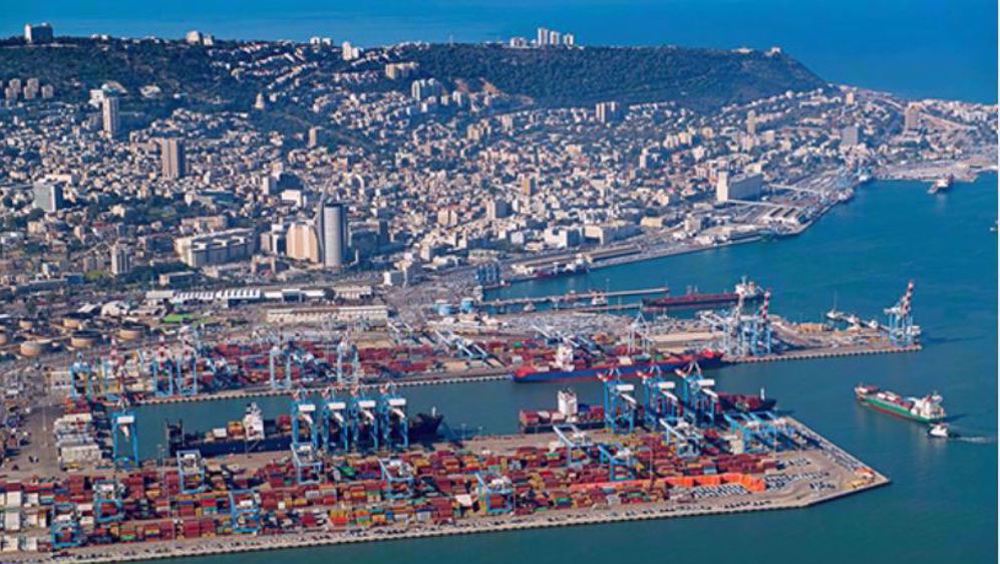




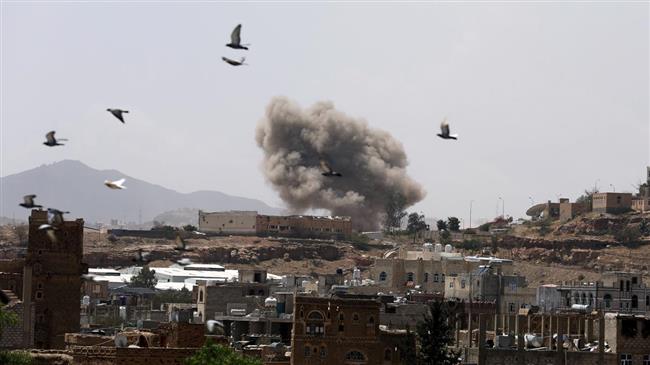
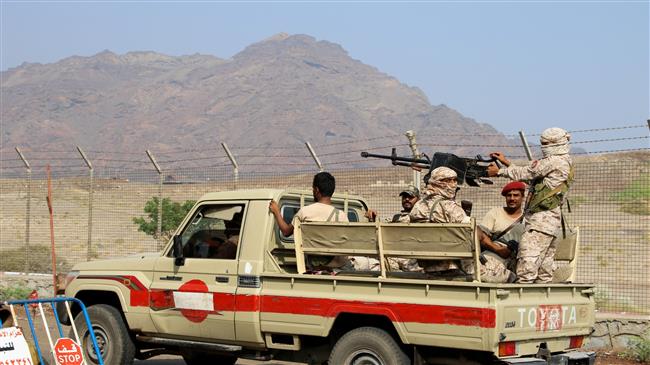
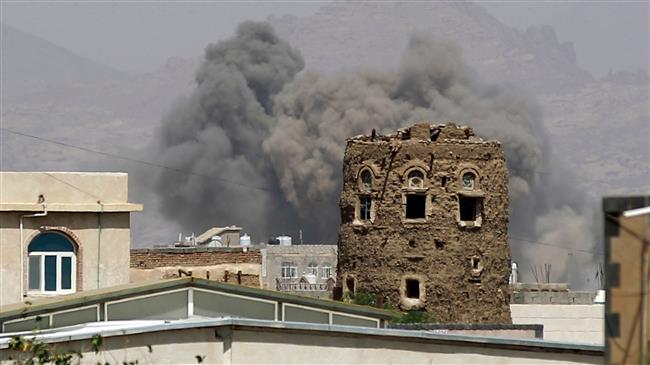
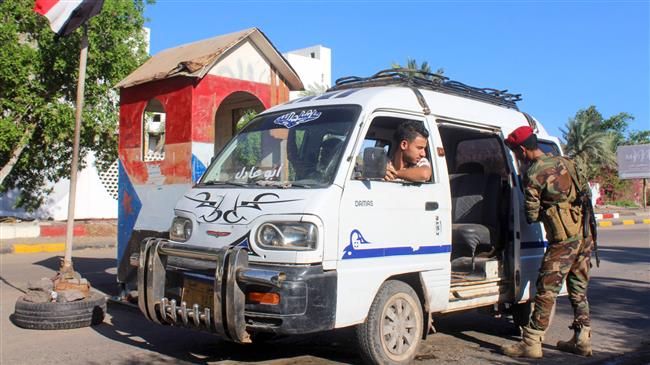
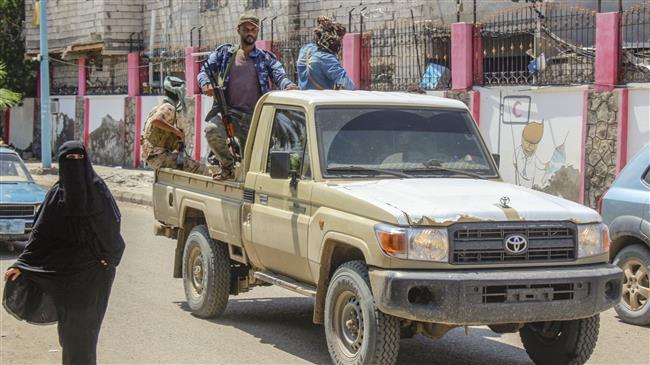
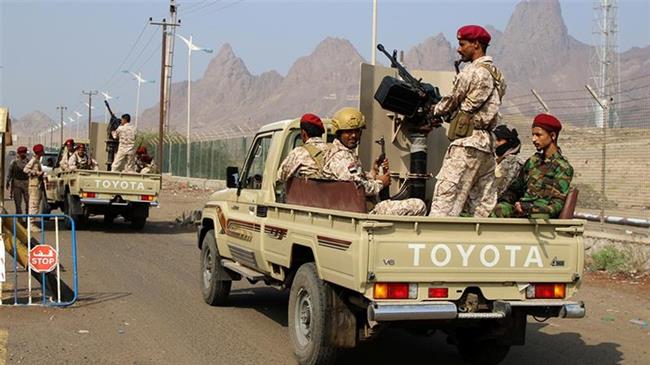
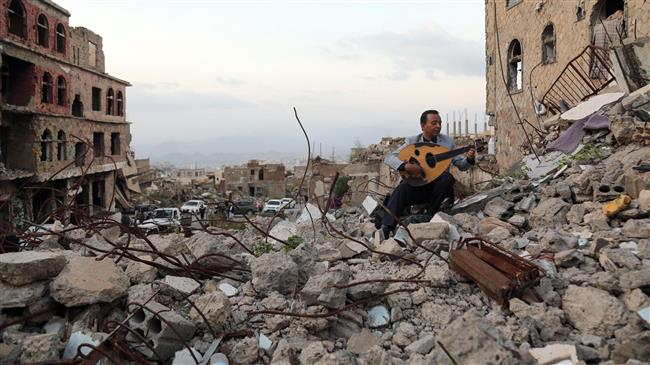

 This makes it easy to access the Press TV website
This makes it easy to access the Press TV website